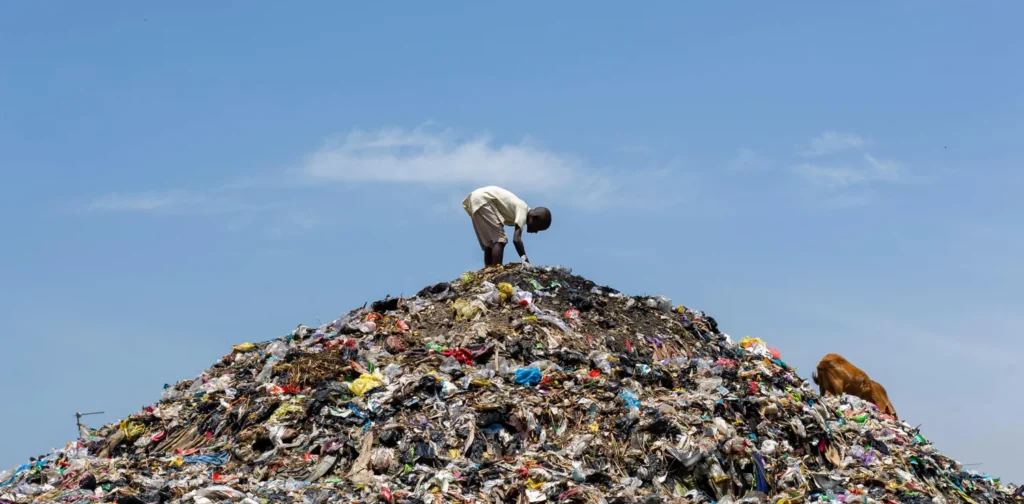The Role of Leadership in Waste Management

Photo: Eyez Heaven on Pexels
We generate waste every day. By 2050, the total waste generation is projected to reach 3.4 billion tons annually, heavier than the total of human weight on Earth. Strengthening waste management becomes urgent, which requires strong leadership, governance, and political will from key stakeholders in the sector.
Leadership in Waste Management
The issue of waste is directly related to 12 out of 17 Sustainable Development Goals (SDGs). Solving this public issue requires various approaches and mechanisms, from doing household recycling to reducing waste generation among businesses.
To tie them all together for a cohesive and effective system, government entities play a central role by establishing regulations and mechanisms at national, sub-national, and municipal levels. For instance, a study on Mexican municipalities reveals a strong correlation between the existence and development of supporting policies and the proper and effective operation in waste management. This underscores the point that governance is a necessary foundation to support any tools, programs, and innovations in waste management.
Implementation on the Ground
One example hails from Depok, Indonesia. In 2005, Depok was acclaimed as one of the dirtiest cities in Indonesia. In 2006, the newly elected mayor made a commitment to transform Depok into a clean city in his five-year development plan, which he continued on for his two office terms. The plan involved programs and policies carried out by the City of Depok’s Office of Environment and Sanitation, including an integrated waste management system called SIPESAT. The government also passed Regional Regulation No. 5/2014 about Waste Management that enforces comprehensive waste management, educates the public about the issue, and regulates sanctions. These efforts resulted in Depok receiving the Adipura Award for Indonesia’s cleanest city in 2017.
A similar case also occurred in Indore, a city in India. Before 2016, waste collection in Indore was unseparated, infrequent, and disorganized. Until the newly elected mayor together with the Commissioner of the Indore Municipal Corporation (IMC) designed a new system for the city’s waste management. One of the strategies was to implement a mandatory waste separation policy. As a result, Indore successfully achieved 100% door-to-door collection and enabled waste separation at the source. In 2017, Indore ranked the “cleanest city in India” and has consistently kept the award until now.
Tackling Waste Issues at the Systemic Level
All in all, strong commitment and leadership from the government at all levels are central to improving waste management systems. Strong regulations, enabling policies, and strict monitoring related to reducing and managing waste can encourage improved participation from all. Ultimately, good governance with support from all stakeholders would create significant changes at a systemic level that would benefit all citizens as well as the environment.
Editor: Kresentia Madina & Nazalea Kusuma


 Indian Gig Workers Push Back Against 10-Minute Delivery Service Strain
Indian Gig Workers Push Back Against 10-Minute Delivery Service Strain  Call for Governance: Grassroots Initiatives Look to Scale Efforts to Conserve Depleting Groundwater
Call for Governance: Grassroots Initiatives Look to Scale Efforts to Conserve Depleting Groundwater  Integrating Environment, Climate Change, and Sustainability Issues into Education Systems
Integrating Environment, Climate Change, and Sustainability Issues into Education Systems  Finally Enforced: Understanding the UN High Seas Treaty
Finally Enforced: Understanding the UN High Seas Treaty  Risks and Opportunities of Submarine Communication Cables for Sustainable Development
Risks and Opportunities of Submarine Communication Cables for Sustainable Development  Rising Attacks and Violence Against Land and Environmental Defenders
Rising Attacks and Violence Against Land and Environmental Defenders